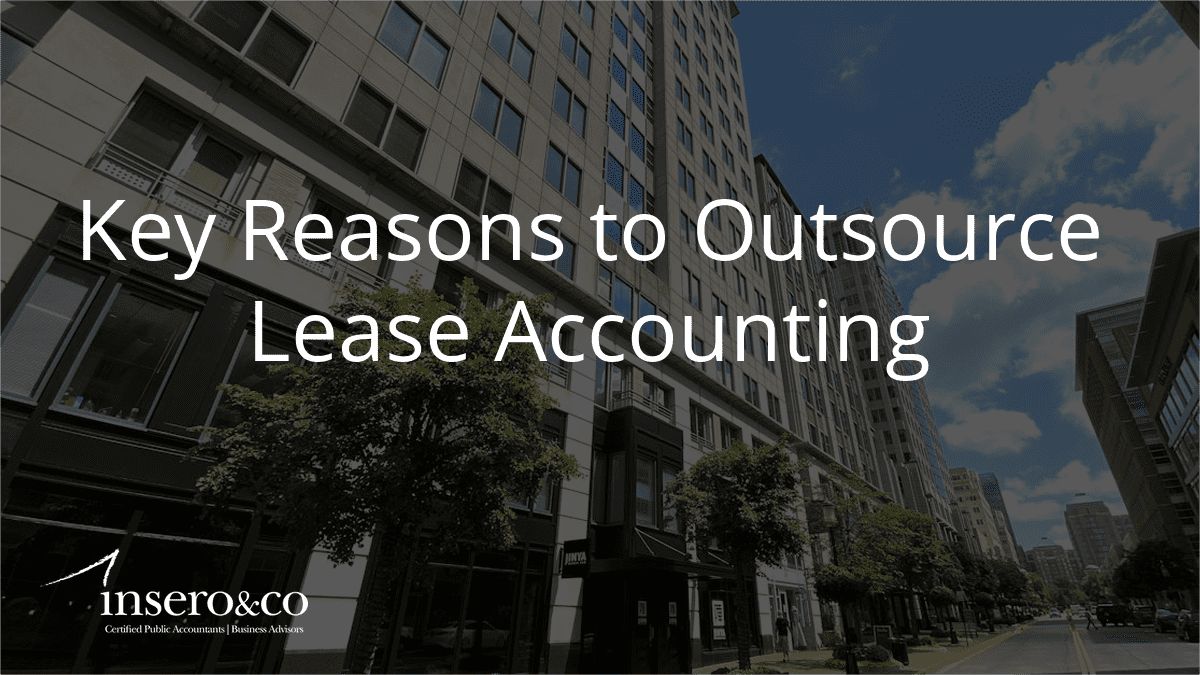ARTICLE | January 11, 2024
The Financial Accounting Standards Board (FASB) recently issued a proposed Accounting Standards Update (ASU), Debt—Debt with Conversion and Other Options (Subtopic 470-20): Induced Conversions of Convertible Debt Instruments (a consensus of the Emerging Issues Task Force), to improve the application and relevance of the induced conversion guidance in Accounting Standards Codification (ASC) 470-20. The FASB has received feedback that under existing guidance, it can be difficult to determine whether a settlement of convertible debt at terms that differ from the original conversion terms should be accounted for under the induced conversion or extinguishment guidance.
An induced conversion, as defined and discussed in ASC 470-20-40-13 to 40-17, involves a situation in which the conversion privileges in a convertible debt instrument are changed, or additional consideration is paid to debt holders, for the purpose of inducing prompt conversion of the debt to equity securities. The changed terms may involve the reduction of the original conversion price so that additional shares of stock are issued, the issuance of warrants or other securities not provided for in the original conversion terms, or the payment of cash or other consideration to those debt holders who convert during the specified limited period of time. When the conditions for an induced conversion are met, the issuer should recognize an expense equal to the fair value of all securities and other consideration transferred in the transaction in excess of the fair value of securities issuable pursuant to the original conversion terms.
Under current generally accepted accounting principles (GAAP), the guidance on induced conversions applies only to conversions that include the issuance of all equity securities issuable pursuant to the conversion privileges provided in the terms of the debt at issuance. Current GAAP does not address how this criterion should be applied to the settlement of a convertible debt instrument that does not require the issuance of equity securities upon conversion (e.g., a convertible debt instrument with a cash conversion feature). Current GAAP also does not address how adding or changing a volume-weighted average price (VWAP) formula works with this criterion, including when such changes could result in the holder receiving less cash or fewer shares than if the debt instrument had been settled in accordance with the existing contractual conversion privileges. Also, under current GAAP, it is not clear whether the guidance on induced conversions can be applied to the settlement of a convertible debt instrument that is not currently convertible.
To address those concerns, the proposed ASU would clarify the requirements for determining whether certain settlements of convertible debt instruments should be accounted for as an induced conversion. Under the proposal, to account for a settlement of a convertible debt instrument as an induced conversion, an inducement offer must, at a minimum, provide the debt holder with the consideration (in form and amount) issuable under the conversion privileges provided in the terms of the instrument. For example, the holder would receive at least the same number and type of shares or the same amount of cash as required under the original contractual conversion terms. An entity would assess whether this criterion is satisfied as of the date the inducement offer is accepted by the holder. When applying this criterion, if within the 12 months leading up to the offer acceptance date the debt had been exchanged or modified without being deemed substantially different, then an entity would compare the terms provided in the inducement offer with the terms that existed one year before the offer acceptance date. The amendments would also clarify that the induced conversion guidance can be applied to a convertible debt instrument that is not currently convertible so long as it had a substantive conversion feature as of its issuance date and is within the scope of ASC 470-20.
The proposed ASU would not change the other existing criteria that are required to be satisfied to account for a settlement transaction as an induced conversion. For example, the conversion must occur pursuant to changed conversion privileges that are exercisable only for a limited period of time.
The proposed ASU would also provide more clarifications to help stakeholders apply the proposed guidance. Under the proposed amendments, the settlement of a convertible debt instrument that involved adding or changing a VWAP formula would not automatically be accounted for as an extinguishment. Instead, an entity would assess whether the form and amount of conversion consideration are preserved using the fair value of an entity’s shares as of the offer acceptance date. For example, if an entity shortens the VWAP period from 30 days (in the conversion privileges provided in the terms of the instrument) to five days (in the inducement offer), the entity would consider whether the holder would receive less consideration than under the original terms, based on the share price as of the offer acceptance date. The proposed ASU also includes examples to illustrate how to apply this guidance.
The amendments in the proposed ASU would be applied either (1) retrospectively, and recognize a cumulative-effect adjustment to equity as of the later of the beginning of the earliest period presented and the date the entity adopted the amendments in ASU 2020-06, Debt—Debt with Conversion and Other Options (Subtopic 470-20) and Derivatives and Hedging—Contracts in Entity’s Own Equity (Subtopic 815-40): Accounting for Convertible Instruments and Contracts in an Entity’s Own Equity, or (2) prospectively to any settlements of convertible debt instruments that occur after the effective date of the guidance. The FASB will determine the effective date and whether early adoption will be permitted for the proposed amendments after it considers its stakeholders’ feedback.
Stakeholders are encouraged to review and provide comment on the proposed ASU by March 18, 2024.
Do you have questions or want to talk?
Call us at (800) 232-9547 or fill out the form below and we’ll contact you to discuss your specific situation.
This article was written by RSM US LLP and originally appeared on 2024-01-11.
2022 RSM US LLP. All rights reserved.
https://rsmus.com/insights/financial-reporting/fasb-proposes-guidance-on-induced-conversions-of-convertible-debt.html
RSM US Alliance provides its members with access to resources of RSM US LLP. RSM US Alliance member firms are separate and independent businesses and legal entities that are responsible for their own acts and omissions, and each are separate and independent from RSM US LLP. RSM US LLP is the U.S. member firm of RSM International, a global network of independent audit, tax, and consulting firms. Members of RSM US Alliance have access to RSM International resources through RSM US LLP but are not member firms of RSM International. Visit rsmus.com/aboutus for more information regarding RSM US LLP and RSM International. The RSM(tm) brandmark is used under license by RSM US LLP. RSM US Alliance products and services are proprietary to RSM US LLP.

Insero & Co. CPAs, LLP is a proud member of RSM US Alliance, a premier affiliation of independent accounting and consulting firms in the United States. RSM US Alliance provides our firm with access to resources of RSM US LLP, the leading provider of audit, tax and consulting services focused on the middle market. RSM US LLP is a licensed CPA firm and the U.S. member of RSM International, a global network of independent audit, tax and consulting firms with more than 43,000 people in over 120 countries.
Our membership in RSM US Alliance has elevated our capabilities in the marketplace, helping to differentiate our firm from the competition while allowing us to maintain our independence and entrepreneurial culture. We have access to a valuable peer network of like-sized firms as well as a broad range of tools, expertise, and technical resources.
For more information on how Insero & Co. CPAs can assist you, please call (800) 232-9547.




